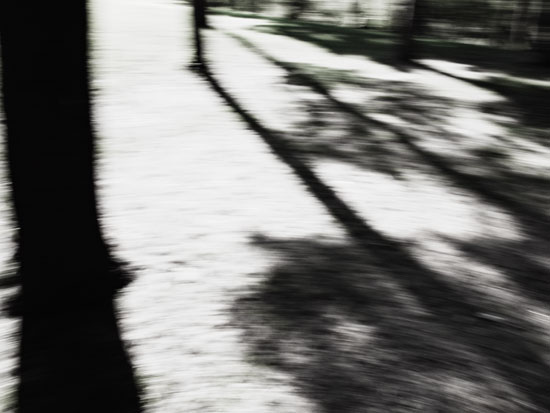On a trip to France, when I was 14, I remember the sink of estrangement when, in an extended gathering of my host-family, I was meant to greet each of the members of the party––a group of some forty or so. Now as we know, personal greetings in France take the form of a two-time brushing of cheeks––three and sometimes four with regional variation––or in case the parties are men, a sober shaking of hands. So strange to me, and so embarrassing, was this clamour of kissing that I found myself refusing when it came time to leave. I would not make the rounds again, I waited outside.
At that time I learnt that personal greetings in France extend to class-mates and peer-groups (I am supposing henceforth from an eligible age). What happens when class-mates, as is frequent at a certain age, find themselves in the midst of a feud? Is feuding cause for exemption? Or are French habits of greeting so inexorable that cheeks must be brushed lest the heavens fall?



